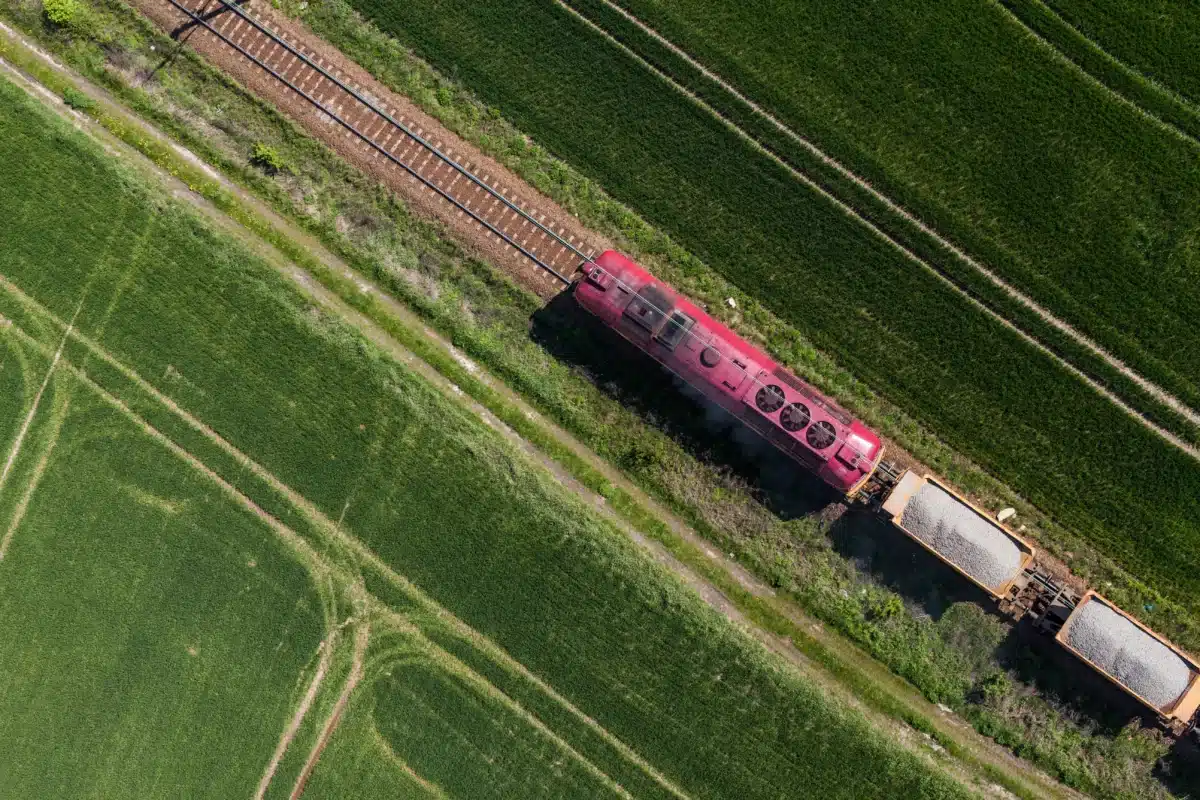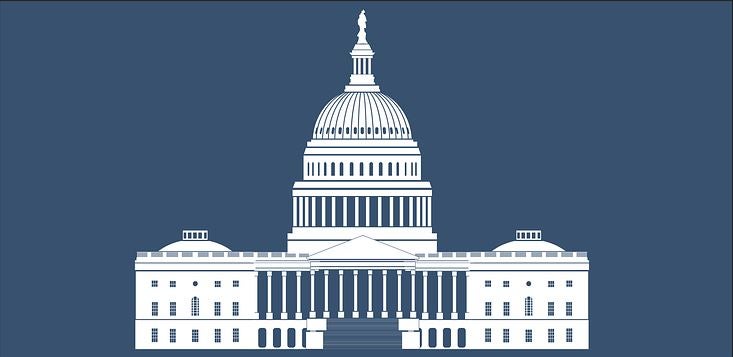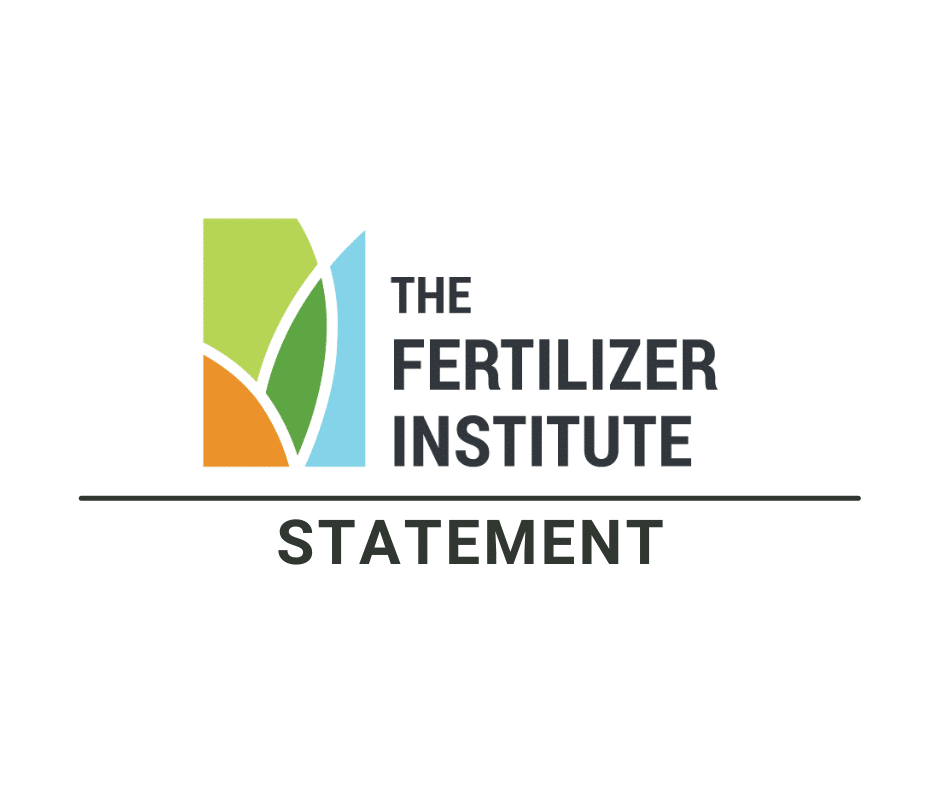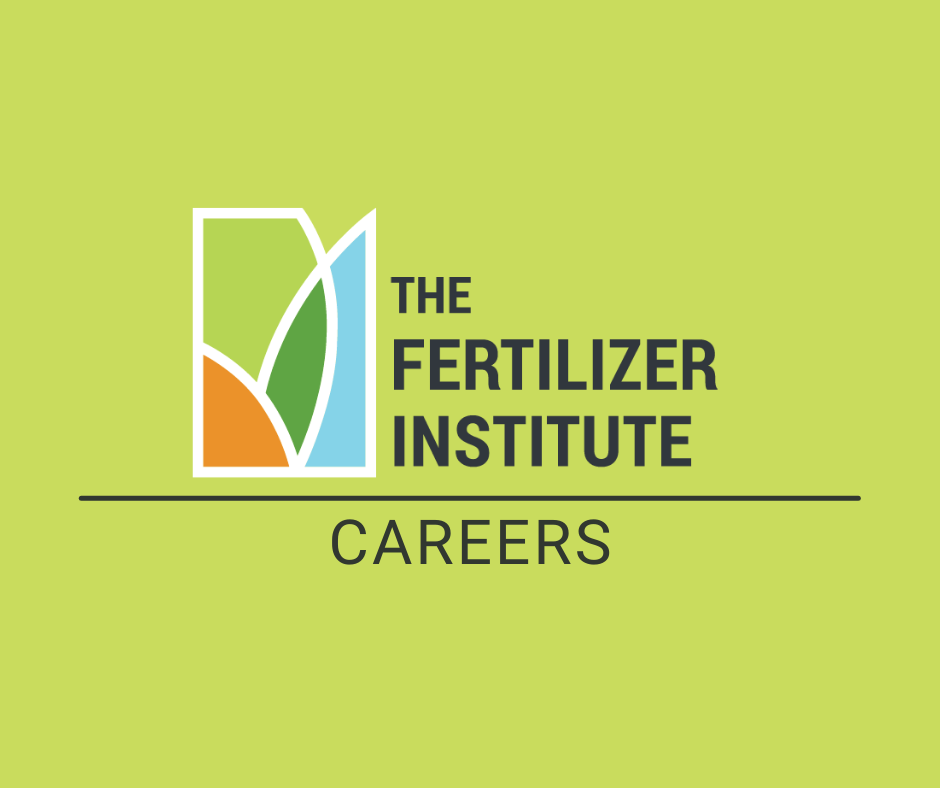TFI Applauds Additional Investment in Domestic Fertilizer Grants; Urges Improvements to Nutrient Management Programs

Arlington, VA – The Fertilizer Institute (TFI) President and CEO Corey Rosenbusch today welcomed the announcement from President Joe Biden that the United States Department of Agriculture (USDA) will be doubling its initial $250 million investment in domestic fertilizer production to $500 million.
“The importance of fertilizer in food production and national security is taking center stage. Fertilizer increases crop yields that can be attributed to feeding 50% of the global population,” Rosenbusch said. “TFI supports efforts to bolster fertilizer supply through domestic production and technology; and we also urge policy makers to remove the regulatory burdens that inhibit growth of existing fertilizer production.”
Rosenbusch added that the United States has one of the most robust and competitive fertilizer industries in the world and is one of only three countries to have at least twenty unique fertilizer producers.
“We look forward to working with the USDA on how to most efficiently leverage those funds in a way that positively impacts farmers who rely on fertilizers to feed the crops that feed the world.”
President Biden, speaking to local growers at a farm in Kankakee, IL, also addressed the need to increase access to existing nutrient management tools, an issue that TFI has been supporting through its industry-wide 4R Nutrient Stewardship program and by seeking streamlining of USDA technical assistance programs.
“There are barriers to adoption that must be addressed,” Rosenbusch stressed. “The biggest thing the administration can do is to allow Certified Crop Advisors (CCAs) to be recognized as Technical Service Providers (TSP) which would allow them to write nutrient management plans known as 590 plans.”
Additional improvements include expanded eligibility for the 590 grant program, allowing agricultural retailers to be eligible for all Natural Resource Conservation Service (NRCS) grants and Regional Conservation Partnership Program (RCPP) funds, building a dedicated Environmental Quality Incentives Program (EQIP) initiative to support and encourage sustainable, climate smart nutrient stewardship practice adoption, and to increase the cost-share rate within NRCS programs to 75%.
“Food security is national security,” concluded Rosenbusch. “We thank President Biden for his focus on these critical issues and we will continue working with the Administration to ensure U.S. farmers receive this necessary input and have the tools they need to promote the efficient and sustainable use of fertilizer.”
TFI recently released a number of actions that policymakers can take to strengthening domestic fertilizer production and address supply chain vulnerabilities. That document can be found here.
###
The Fertilizer Institute (TFI) is the leading voice of the nation’s fertilizer industry. Tracing its roots back to 1883, TFI’s membership includes fertilizer producers, wholesalers, retailers and trading firms. TFI’s full-time staff, based in Washington, D.C., serves its members through legislative, educational, technical, economic information and public communication programs. Find more information about TFI online at TFI.org and follow us on Twitter at @Fertilizer_Inst. Learn more about TFI’s nutrient stewardship initiatives at nutrientstewardship.org and on Twitter at @4rnutrients.







